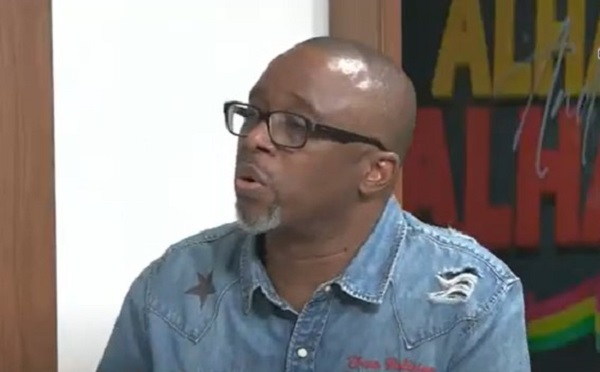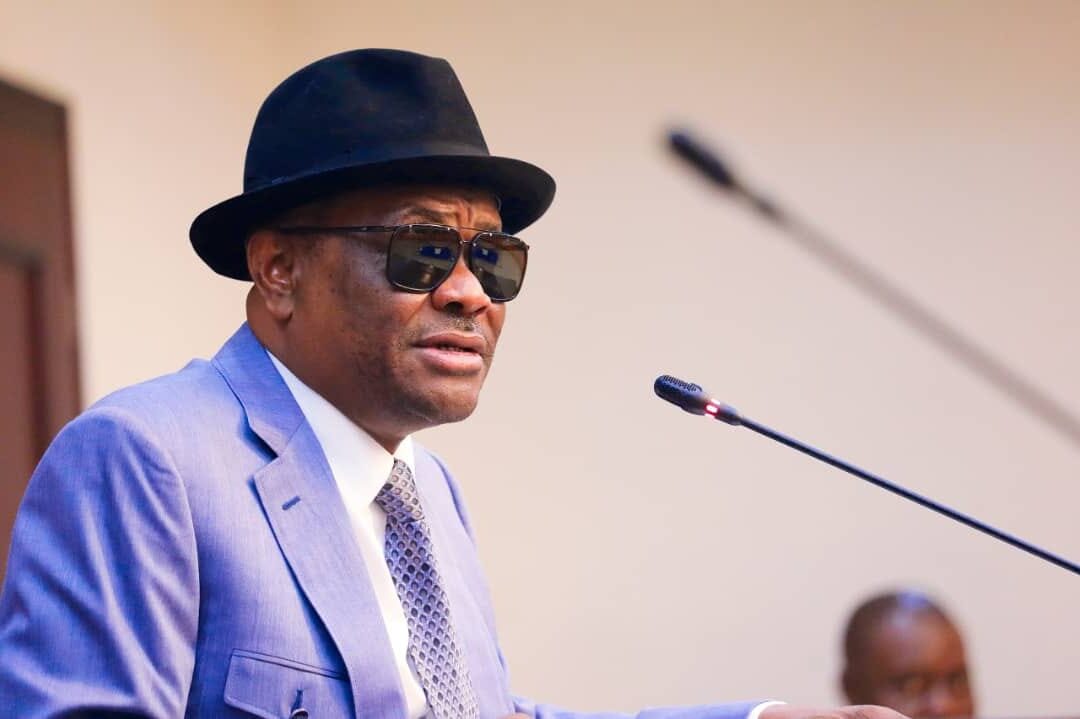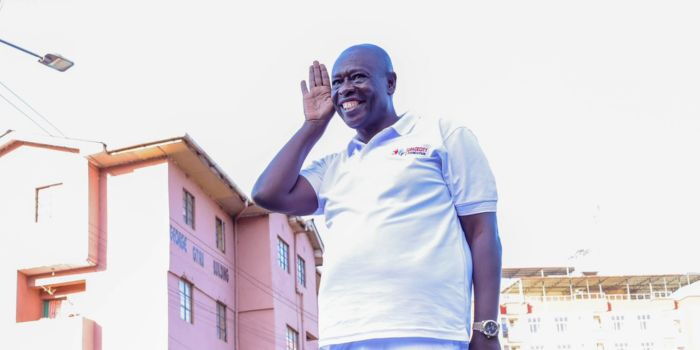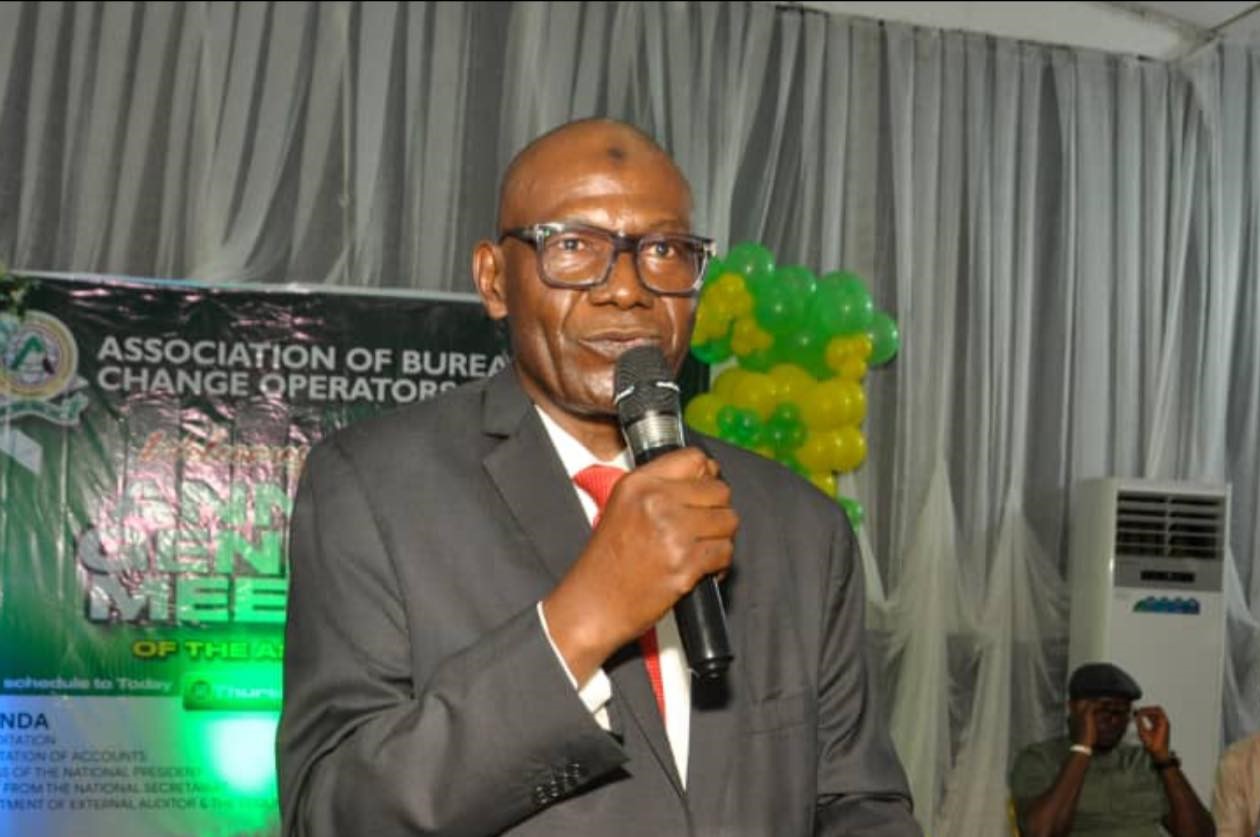Banks' Deposits with CBN Rise by 4.8% to N17.5tn in May 2025
Nigerian commercial banks have significantly increased the value of overnight deposits placed with the Central Bank of Nigeria (CBN) as the Standing Lending Facility (SDF) showed a sum of N17.5 trillion deposited in May 2025.
According to the financial data of CBN, the N17.5 trillion deposit in May 2025 is about a 4.8 per cent increase over N16.7 trillion deposited in April 2025.
SDF is a lower corridor of the Monetary Policy Rate (MPR) at which banks and discount houses can deposit excess liquidity overnight with the CBN at an interest rate.
The reported N17.5 trillion is the highest so far this year amid CBN’s move to tighten liquidity in the financial sector.
The SDF data by the apex bank showed that banks’ deposits since the beginning of the year have witnessed a steady increase as uncertainty continued to mount on interest rates and inflation.
Between January and February 2025, the CBN data showed that N9.39 trillion and N4.65 trillion were deposited by banks, while in March, the data revealed N5.19 trillion as total deposits.
Analysts have attributed the significant increase in deposits with the CBN by banks to a growing reluctance to lend to the real economy. This caution stems from rising non-performing loan (NPL) risks, insecurity and supply chain disruptions, persistent inflation, currency instability, and declining consumer purchasing power.
Instead of pushing credit into volatile sectors, banks are opting for safe returns on overnight deposits with the CBN.
The interest rate at which these banks borrow from the CBN has not changed in 2025 amid the Monetary Policy Committee (MPC), maintaining the status quo on MPR or interest rate.
In 2024, the MPC members voted to increase the interest rate from 18.75 per cent to 27.50 per cent amid its mandate to tackle the inflation rate and the unstable Naira in the foreign exchange market. However, the MPR has remained at 27.50 per cent since the beginning of 2025 as the committee continued to tackle the inflation rate.
In 2024, the CBN shifted to a single-tier remuneration structure for the SDF. Previously, deposits up to a certain threshold, for example, N3 billion, earned a higher interest rate, while amounts exceeding that threshold earned a lower rate.
Under the new policy, all SDF deposits are remunerated at the MPR minus 100 basis points. With the current MPR at 27.5 per cent, this results in an SDF rate of 26.5 per cent.
In 2024, banks’ deposits to the CBN increased significantly to N38.12 trillion, about a 210.15 per cent increase when compared to N12.29 trillion in 2023.
SDF in 2024 witnessed significant patronage as banks and merchant banks’ deposits reached the highest peak of about N8.12 trillion in August 2024.
The increase is coming against the backdrop of CBN’s removal of the cap on the remunerative policy, among others.
The CBN governor, Mr. Olayemi Cardoso, had disclosed that the apex bank removed the cap on the remunerable SDF to increase activity in the SDF window and manage liquidity.
In a circular addressed to DMBs, CBN fixed the SDF at 26.5 per cent.
This represents a sharp increase from the previous 19 per cent.
The policy change was communicated through a circular issued by the Director of the Financial Markets Department, CBN, Omolara Duke.
The circular instructed all authorised financial institutions to acknowledge and implement the updated structure, which supersedes the previous framework.
CBN had maintained that the strong patronage at the SDF confirmed healthier liquidity in the banking system, stressing that banks and merchant banks were in search of better yields.
The current inflation rate in Nigeria is above the yield on Treasury bills (T-Bills), and banks are looking for risk-free investments, which SDF has provided since the MPR hike of 2024.
On borrowing, the second window, the Standing Lending Facility (SLF), showed banks in May borrowed N2.02 trillion, a decline of 55 per cent from N4.49 trillion borrowed in April 2025.
SLF is an upper corridor monetary policy rate at which banks and discount houses can borrow money from the CBN at a pre-specified rate, typically the benchmark policy rate plus a margin.
Speaking with THISDAY on banks aggressively depositing with CBN, the Vice President, Highcap Securities, Mr. David Adnori said banks were maintaining effective risk management in a move to cut down NPL.
He added that: “Banks with an increasing deposit from customers prefer to lend to CBN rather than their customers to maintain NPL below the five per cent threshold.”
Also, Investment Banker & Stockbroker, Tajudeen Olayinka, attributed the surge in bank deposits with the CBN to uncertainty in the business environment over rising insecurity, among others.
The Chief Operating Officer of InvestData Consulting Limited, Mr. Ambrose Omordion, added that the CBN is the last resort where DMBs deposit excess liquidity, which comes with an attractive yield.










